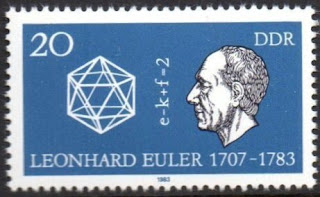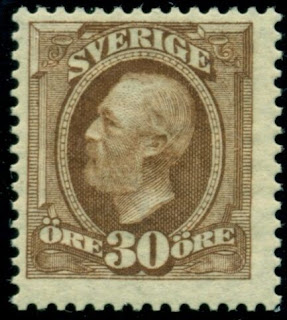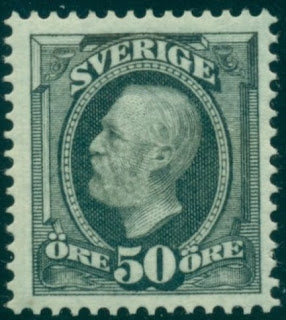Here are some events that happened on September 18th. It could be an event or a person that died or was born on that day
1783 Died: Leonhard Euler, Swiss mathematician and physicist (b. 1707)
Leonhard Euler (15 April 1707 – 18 September 1783) was a Swiss mathematician, physicist, astronomer, geographer, logician and engineer who made important and influential discoveries in many branches of mathematics, such as infinitesimal calculus and graph theory, while also making pioneering contributions to several branches such as topology and analytic number theory. He also introduced much of the modern mathematical terminology and notation, particularly for mathematical analysis, such as the notion of a mathematical function. He is also known for his work in mechanics, fluid dynamics, optics, astronomy and music theory.
Euler was one of the most eminent mathematicians of the 18th century and is held to be one of the greatest in history. He is also widely considered to be the most prolific, as his collected works fill 92 volumes, more than anyone else in the field. He spent most of his adult life in Saint Petersburg, Russia, and in Berlin, then the capital of Prussia.
Stamps from East Germany and Switzerland depicting Leonhard Euler
1809 – The Royal Opera House in London opens.
The Royal Opera House (ROH) is an opera house and major performing arts venue in Covent Garden, central London. The large building is often referred to as simply "Covent Garden", after a previous use of the site of the opera house's original construction in 1732. It is the home of The Royal Opera, The Royal Ballet, and the Orchestra of the Royal Opera House. Originally called the Theatre Royal, it served primarily as a playhouse for the first hundred years of its history. In 1734, the first ballet was presented. A year later, Handel's first season of operas began. Many of his operas and oratorios were specifically written for Covent Garden and had their premieres there.
The current building is the third theatre on the site following disastrous fires in 1808 and 1856. The façade, foyer, and auditorium date from 1858, but almost every other element of the present complex dates from an extensive reconstruction in the 1990s. The main auditorium seats 2,256 people, making it the third largest in London, and consists of four tiers of boxes and balconies and the amphitheatre gallery. The proscenium is 12.20 m wide and 14.80 m high. The main auditorium is a Grade I listed building.
Stamp from Great Britain depicting the Royal Opera House
The current building is the third theatre on the site following disastrous fires in 1808 and 1856. The façade, foyer, and auditorium date from 1858, but almost every other element of the present complex dates from an extensive reconstruction in the 1990s. The main auditorium seats 2,256 people, making it the third largest in London, and consists of four tiers of boxes and balconies and the amphitheatre gallery. The proscenium is 12.20 m wide and 14.80 m high. The main auditorium is a Grade I listed building.
Stamp from Great Britain depicting the Royal Opera House
1819 Born: Léon Foucault, French physicist and academic (d. 1868)
Jean Bernard Léon Foucault (18 September 1819 – 11 February 1868) was a French physicist best known for his demonstration of the Foucault pendulum, a device demonstrating the effect of the Earth's rotation. He also made an early measurement of the speed of light, discovered eddy currents, and is credited with naming the gyroscope.
Foucault died of what was probably a rapidly developing case of multiple sclerosis on 11 February 1868 in Paris and was buried in the Montmartre Cemetery.
The asteroid 5668 Foucault was named for him.[10] His is one of the 72 names inscribed on the Eiffel Tower.
1872 – King Oscar II accedes to the throne of Sweden–Norway.
Oscar II (Oscar Fredrik; 21 January 1829 – 8 December 1907) was the King of Sweden from 1872 until his death, and was also the final King of Norway from the House of Bernadotte until being deposed in 1905.
Oscar II was King during a time when both Sweden and Norway were undergoing a period of industrialization and rapid technological progress. His reign also saw the gradual decline of the Union of Sweden and Norway, which culminated in its dissolution in 1905. He was subsequently succeeded as King of Norway by his grandnephew Prince Carl of Denmark under the regnal name Haakon VII, and as King of Sweden by his eldest son, Gustaf V.
Oscar II is the paternal great-great-grandfather of Carl XVI Gustaf, King of Sweden since 1973. Harald V, King of Norway since 1991, is a great-grandson of Oscar II, through his third son Prince Carl, Duke of Västergötland.







No comments:
Post a Comment